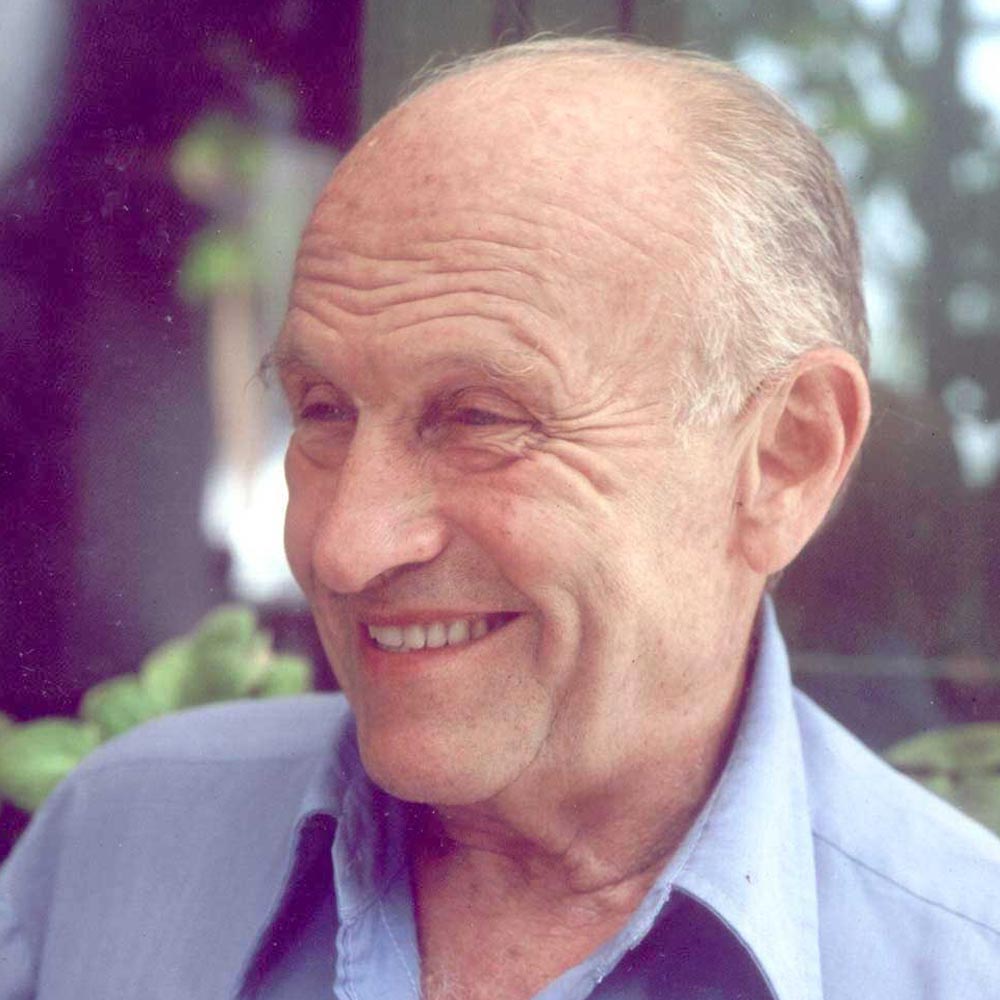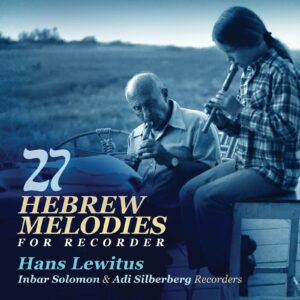
Professor Hans Lewitus was born in Vienna on July 25, 1905. He began piano lessons at the age of 6, and music became a lifelong passion. While studying law he also went to the Conservatory of Music of Vienna, where he earned a Bachelor of Arts degree in clarinet in 1930. From then on music became his career.
In 1936, Lewitus was recruited by the renowned violinist Bronislaw Huberman to become one of the founding members of the Palestine Symphony Orchestra. He played as principal clarinetist for the orchestra, which was originally led by the distinguished conductor Arturo Toscanini. After playing with the PSO for two years, Lewitus was invited by Theo Buchwald to join the National Symphony Orchestra of Peru as principal clarinetist and one of its original members.
He spent the rest of his life in Lima, where, in addition to his position with the National Symphony Orchestra of Peru, he was appointed as professor of clarinet at the National Conservatory of Music in Lima. Lewitus’ distinguished musical career included traveling to Caracas with Chabuca Granda, a beloved Peruvian folk composer and singer, as the director of her orchestra for the Festival de las Canciones. He also composed a mazurka and directed the music for her work La Limeñísima. The theater director Ricardo Roca Rey asked him to compose incidental music for the production of Shakespeare’s A Comedy of Errors, and Lewitus also composed the incidental music for Crossing Niagara, an acclaimed work by the Peruvian playwright and director Alonso Alegria. Over the years he accompanied many international soloists on the piano.
Upon his retirement from the National Symphony Orchestra, Lewitus began playing recorder and devoted himself to privately teaching piano, clarinet, and recorder. He also arranged Geistliche Lieder (sacred songs) of J.S. Bach for recorder quartets, published by B. Schott’s Söhne. In 1980, Lewitus’ arrangements of Latin American folk music for recorder were published by Otto Heinrich Noetzel Verlag. In 2009 his son, Ricardo, published Lima Romantica and Oda a Chabuca, music written for piano, and produced three CDs: Latin Music for recorder in 2017, From Johann to Hans, Sacred Songs for Recorder quartet in 2019, and De Johann a Hans J.S. Bach Canciones Sagradas in 2020.
Lewitus died in Lima, Peru on September 3, 1998.
Albums
27 Hebrew Melodies for Recorder
Catalog Number: AR0020


